5 Reasons Your Website Isn’t Ranking (and How To Improve Them)
Ranking high in search engine result pages (SERPs) is essential for businesses that want to become visible online and generate organic traffic. However, if your website is not ranking, it is of utmost importance to analyze the reasons behind it and rectify them. In this blog, we shall look at five reasons your website may not be performing, with actionable tips for boosting your ranking.
1. Indexing Problems
If the search engines cannot index your website adequately, your site will never be shown in search results, no matter how compelling the content. Some of the reasons include:
- Robots.txt Restrictions: At times, the robots.txt file provides access to search engines for crawling essential pages without obstruction. Confirm the configuration of your file in such a mode that nothing important is restricted.
- Noindex Tags: Such tags will stop search engines scanning your page. Ensure your main pages do not carry such tags.
The Solution: Monitor the index status of your website using tools such as Google Search Console. Analyse and fix any issues with the indexation of pages. Once these issues are fixed, your pages will be discoverable and indexable.
2. Deficiency of Quality Backlinks
Quality backlinks from trusted websites confirm to search engines that your website is credible and authoritative. When the site is deprived of quality backlinks, its ranking is adversely affected.
The Solution: There are a lot of ways for creating backlinks, but they must be strategic. Produce high-quality content that others truly value and want to pass along. Guest blogging, working alongside industry influencers, and earning quality backlinks will massively help your SEO.
3. Content Not Optimized
Non-optimized content will struggle to rank. Common problems include:
- Keyword Stuffing: Using keywords too much to try to get your content to rank higher can often lead to penalties.
- Irrelevant Content: Content that’s not relevant to user queries or search intent serves no value.
The Solution: Run keyword research and write content that meets the demands of your audience. Focus on providing some valued insight with the proper use of keywords thrown in naturally.
4. Poor Mobile Optimization
It is no longer an option to have a mobile-friendly website, considering that most users are using their mobile devices to browse. A difficult-to-navigate or slow-loading site will never do well on search engines.
The Solution: Use a responsive design and check your site on many devices. Use Google’s Mobile-Friendly Test to identify and fix compatibility errors. Alternatively, you can easily handover these tasks to digital marketing agencies to manage and optimise your website to perform the best.
5. Slow Page Load Speed
Website speed is extremely important to the user experience as well as ranking. Given the slowing of load times, users are likely to bounce, which is detrimental to SEO.
The Solution: Optimize your site through compressing images, browser caching, and code minification. You can make use of Google PageSpeed Insights, which offers suggestions to improve speed.
Conclusion
Maintaining and improving the position of your website on search engines requires a continuous effort and eye on the details. By taking care of these common issues—indexing, backlinks, content optimization, mobile friendliness, and speed—you are making way for better visibility and performance of your website. If you’re still confused, you can partner with us, leading digital marketing agency in Bhopal for all your website related queries and more.
Need any assistance concerning your digital strategy, website optimisation, or others? Contact us for expert help and solutions.



